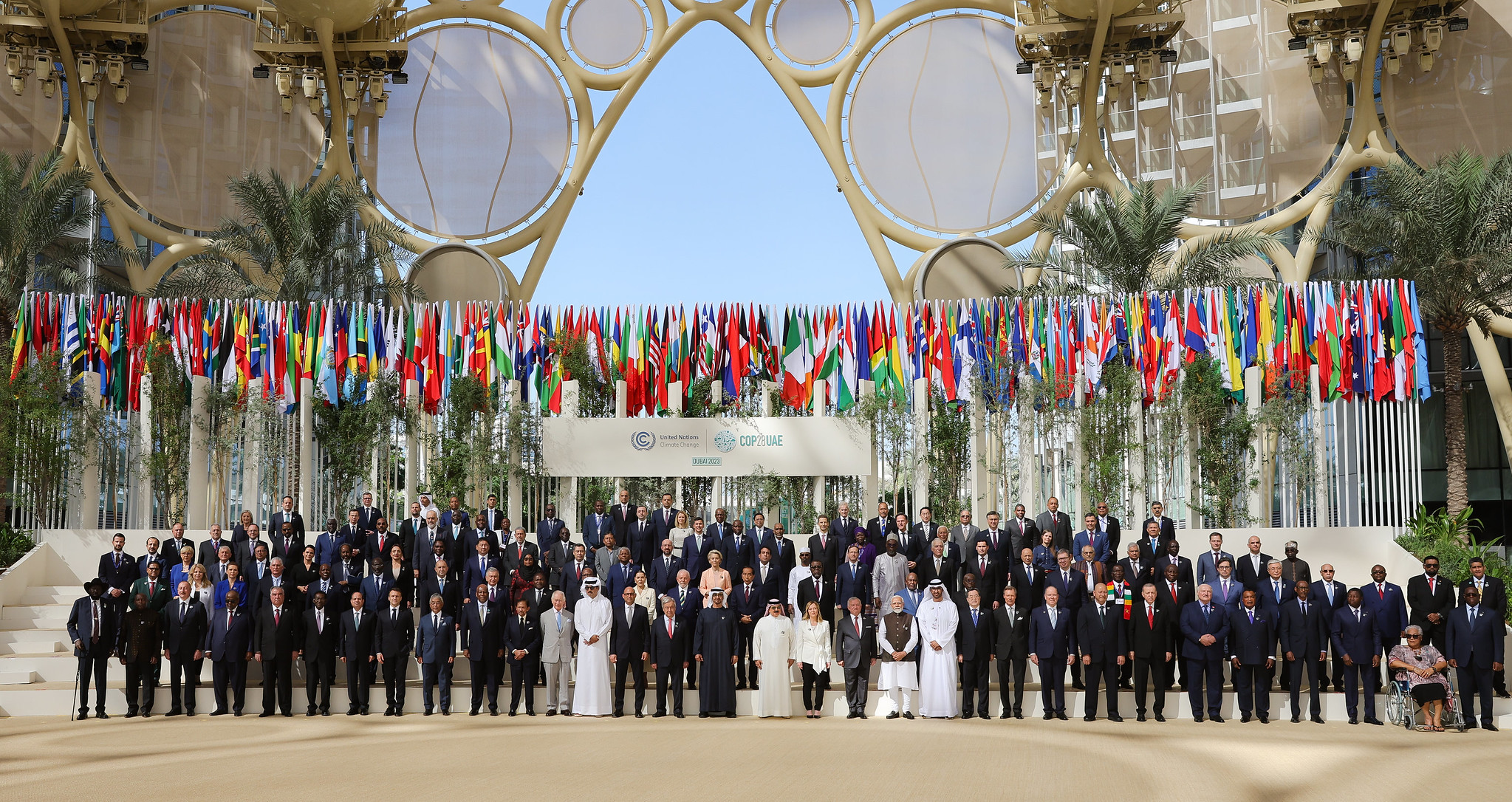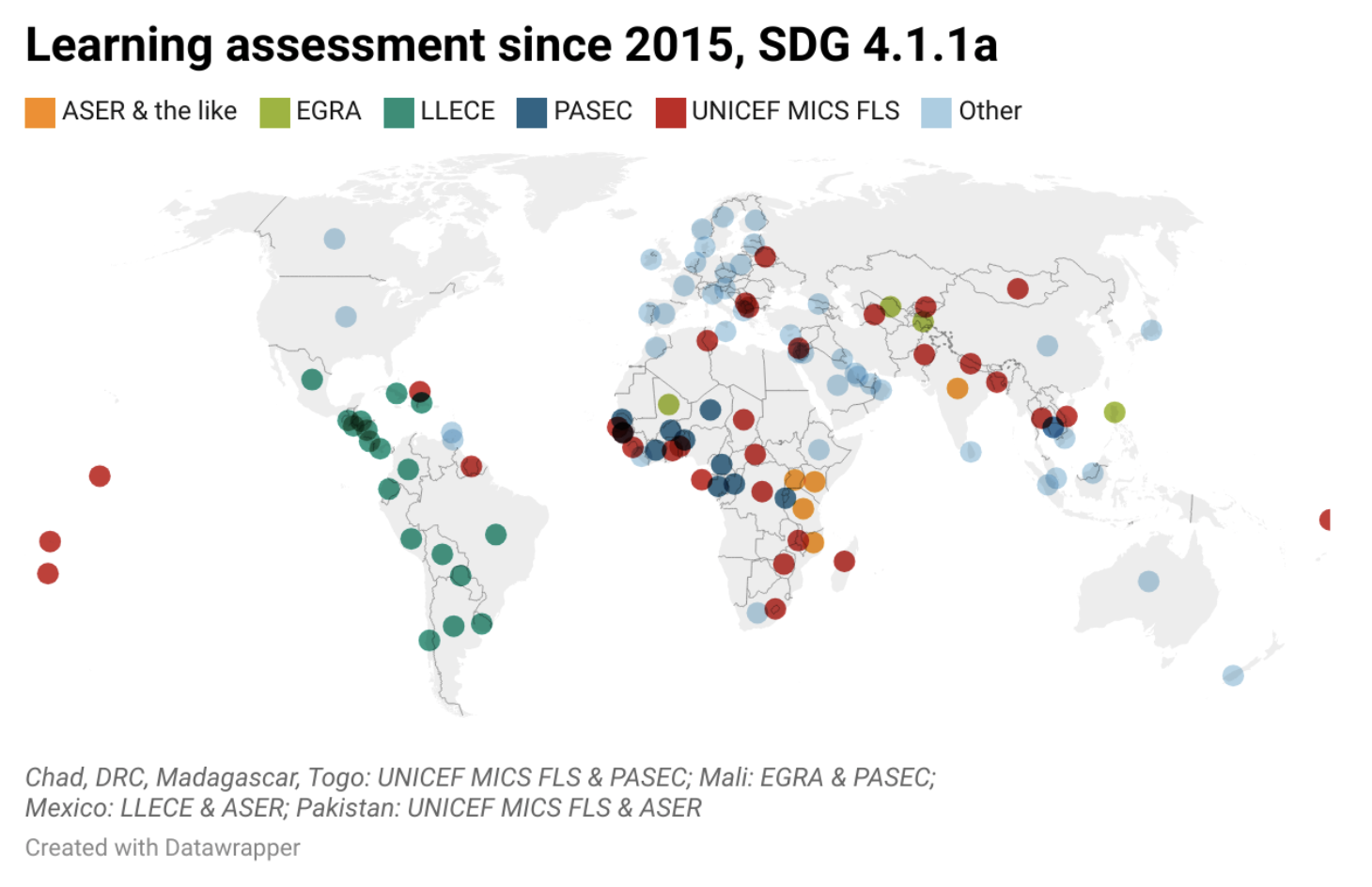For multilateralists, today's news that
John Bolton has resigned as U.S. ambassador to the United Nations offers a glimmer of glad tidings in this otherwise grim holiday season. There was a time, not so long ago, in which the United States was looked upon in many disparate parts of the world as an enlightened, even benevolent force for world order and the advance of universal principles. Over the past six years, the Bush administration has presided over a catastrophic decline in the global prestige of the United States, thanks in no small part to its reckless disregard for the requirements of international legitimacy and its disdain for standing global institutions. No single person, not even President Bush himself, has embodied this unilateralist ethos more than Bolton.Today's
Washington Post article on Bolton's departure tiptoes around the damage that Bolton and his colleagues have done.Bolton's most distinctive attribute has been an absolute insistence that the United States be free from any restraints on its freedom of action and that multilateral cooperation is useful only when it ratifies previously determined U.S. positions. From the moment he arrived in New York, Bolton has shown little patience with the give and take and painstaking consensus-building that are the hallmarks of effective multilateral diplomacy. His preferred pattern was to lob verbal hand grenades into ongoing negotiations, playing to a domestic audience of extreme UN bashers on the right wing of the Republican Party, and on Capitol Hill.Calling the UN to account for its failings -- and they are many -- is critical. But Bolton repeatedly undercut his legitimate calls for UN management reform with a brash, gun-slinging and sometimes vituperative style that (as other writers have noted) called to mind the similarly-moustachioed
Yosemite Sam. Perhaps the most infamous instance occurred in August 2005, just weeks before the High-Level Summit on UN Reform, when Bolton suddenly insisted on literally hundreds of changes to the outcome document, a bombshell that exploded months of painstaking negotiations and empowered several other "spoiler" countries in their desire to sabotage critical new international norms and member state duties. For an eye-opening account of Bolton's "negotiating" style during this period, see James Traub's New Book,
The Best of Intentions: Kofi Annan and the UN in the Era of American World Power.Speaking to the UN General Assembly on September 12, 2002, President George W. Bush famously challenged the United Nations to prove its "relevance" -- with the veiled threat that the United States would act alone in confronting Iraq. Four years later, the jury is in, on at least two counts. First, despite the best efforts of some of its critics in Washington, the United Nations remains supremely relevant. The United States has returned to the UN and its affiliated agencies repeatedly to advance U.S. foreign policy objectives, whether the challenge is getting peacekeepers into Haiti and Congo, engaging the IAEA to restrict the sale of nuclear materials, enlisting the UN's Counter-Terrorist Committee to cut off terrorist financing, or working with the WHO to combat avian flu.Second, the United Nations works well only when the United States exerts constructive leadership within that organization and - both within the UN and in its conduct of foreign affairs broadly - adopts a posture of self-restraint in the exercise of its power. The United States, which did more to create the UN than any other country sixty years ago, once understood this. In his address to the founding conference of the United Nations in San Francisco, President Harry Truman wisely remarked,
"We all have to recognize--no matter how great our strength--that we must deny ourselves the license to do always as we please." George W. Bush, who as a candidate in 2000 espoused the need to be "humble" in the U.S. conduct of international affairs, would be wise to bear this admonition in mind when choosing a successor for Mr. Bolton.
CGD blog posts reflect the views of the authors, drawing on prior research and experience in their areas of expertise.
CGD is a nonpartisan, independent organization and does not take institutional positions.





